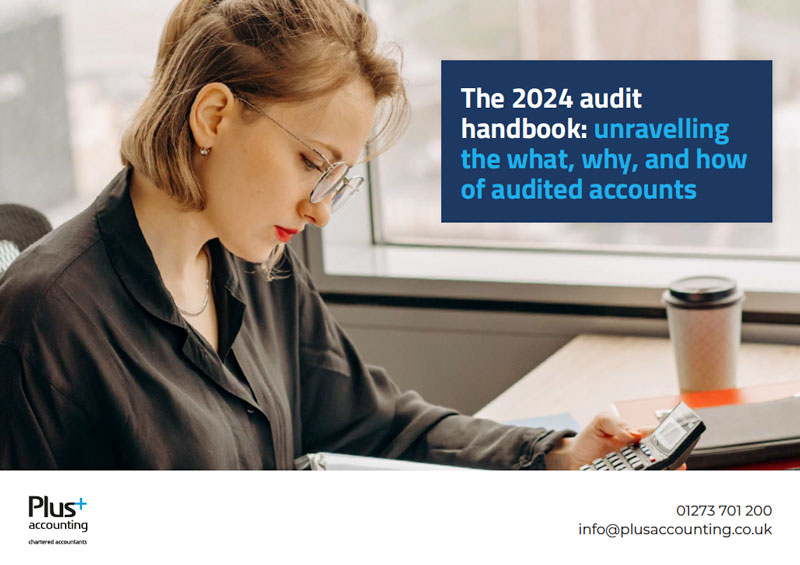Auditing Subsidiaries
Due to company law changes brought about by Brexit, it is worth noting that a previous audit exemption that was available to the UK subsidiary of an EEA parent company under the Companies Act 2006 is no longer available for accounting periods commencing on 1 January 2021.
Therefore, UK registered large or medium sized subsidiaries, or small subsidiaries that are not eligible for the small companies’ audit exemption, with an immediate EEA parent will need to have their accounts audited for financial years that begin on or after 1 January 2021. Subsidiaries must be included in the parent company’s consolidated accounts to qualify for audit exemption.
These subsidiaries should also check whether they will maintain their eligibility for exemption from producing group accounts for financial years beginning on or after 1 January 2021.
Intermediate UK parent companies with an immediate EEA parent may need to prepare group accounts and file them with Companies House. This is unless they benefit from the exemption by other means – for example, because their EEA parent produces group accounts that are equivalent to those required by UK law. The small companies regime also impacts audit exemptions, providing specific criteria and exemptions for small companies.
Determining if a subsidiary company needs an audit often hinges on several crucial factors. First, consider the size of the subsidiary. Larger subsidiaries, defined by annual turnovers exceeding £10.2 million, balance sheet totals over £5.1 million, or over 50 employees, typically face mandatory audits. Smaller entities might bypass this, but verifying local regulations is essential as they vary.
Second, the location of the subsidiary plays a critical role. Different countries have distinct audit requirements. For instance, a UK company in the United States follows stringent rules under the Sarbanes-Oxley Act, while European subsidiaries adhere to EU regulations.
Third, industry specifics might mandate audits regardless of size or location. Financial services, healthcare, and other regulated sectors often require audits due to inherent risks and regulatory scrutiny. For example, the Financial Conduct Authority (FCA) in the UK enforces strict audit guidelines for financial firms.
Finally, look at UK parent company obligations. If the parent company is publicly traded or part of a larger conglomerate, consolidated financial statements might require subsidiary audits to ensure comprehensive accuracy. Companies with securities on a UK regulated market are excluded from certain audit exemptions.
Assessing these factors accurately helps determine audit necessity, ensuring compliance and avoiding potential risks.
Is Audit Exemption Available to Dormant Subsidiaries?
Dormant subsidiaries enjoy audit exemptions provided they meet certain conditions for the entire financial period. They must not have generated significant accounting transactions during the financial year. Examples of qualifying transactions include shareholder dividends or statutory fees. Inactive subsidiaries often use this exemption to reduce administrative burdens.
Subsidiary companies must adhere to specific conditions and forms to qualify for audit exemption, particularly if they are dormant.
Author: Chris Morey, Director, Plus Accounting
For more information on this matter or to find out about our Audit and assurance services, please contact Chris Morey on 01273 701200 or email chrism@plusaccounting.co.uk.
Any views or opinions represented in this blog are personal, belong solely to the blog owner and do not represent those of Plus Accounting. All content provided on this blog is for informational purposes only. The owner of this blog makes no representations as to the accuracy or completeness of any information on this site or found by following any link on this site.
Date published: 12 April 2022
Updated: 22 August 2024
Want to learn more?
Get in touch with our in house expert Chris Morey to see how we can help.

The Audit Handbook: unravelling the what, why and how of audited accounts
September 19, 2023
Let’s take a step back and take a look at the what, why and how of audited accounts in your complete guide to audits.



